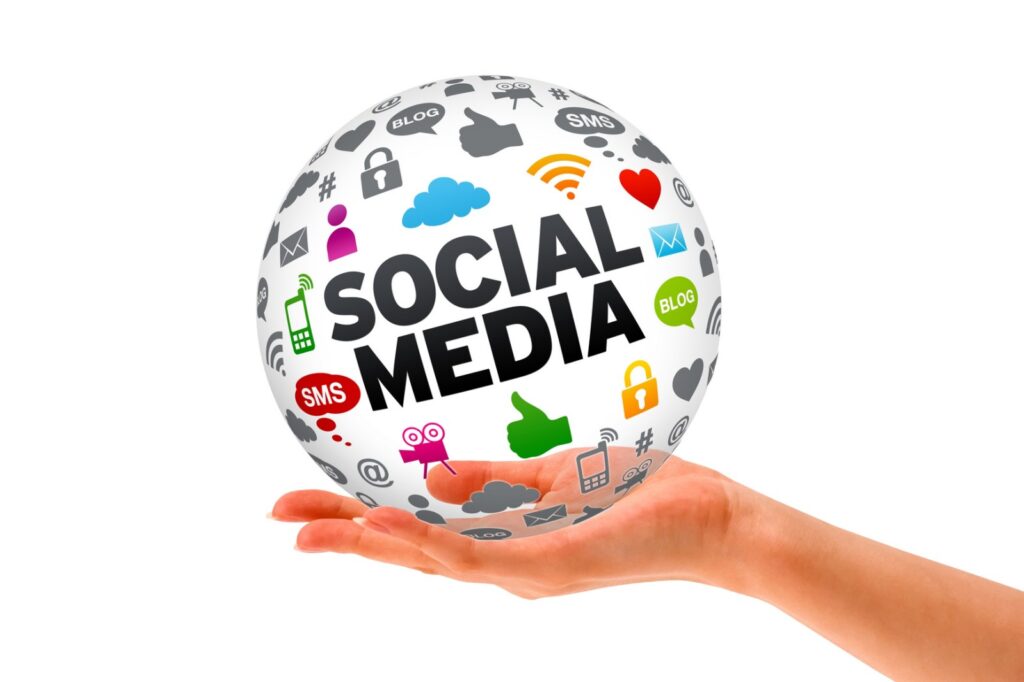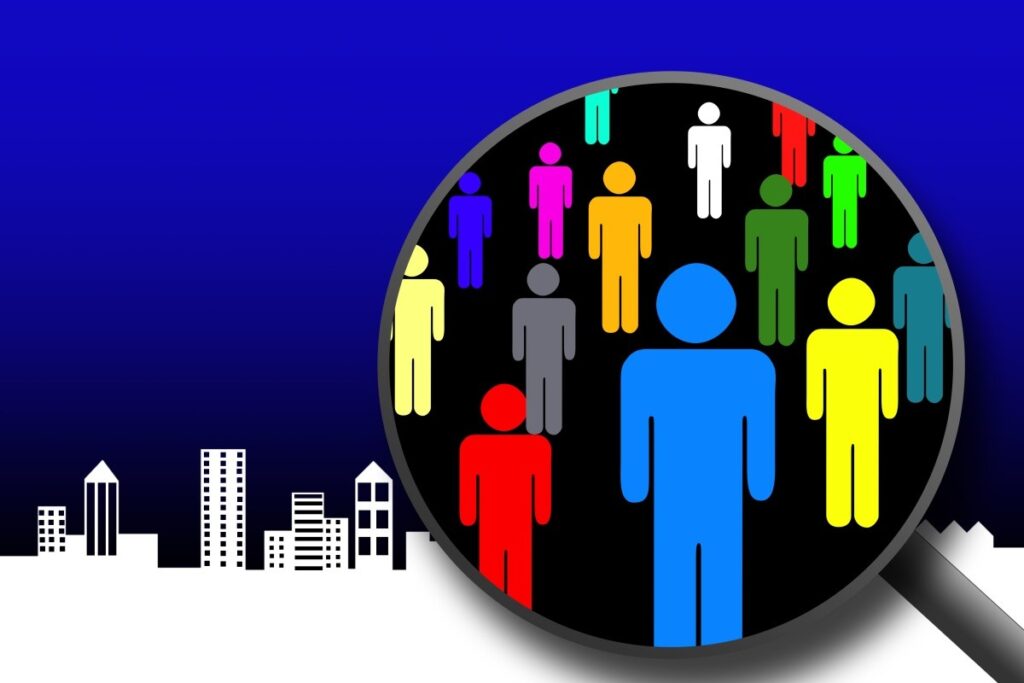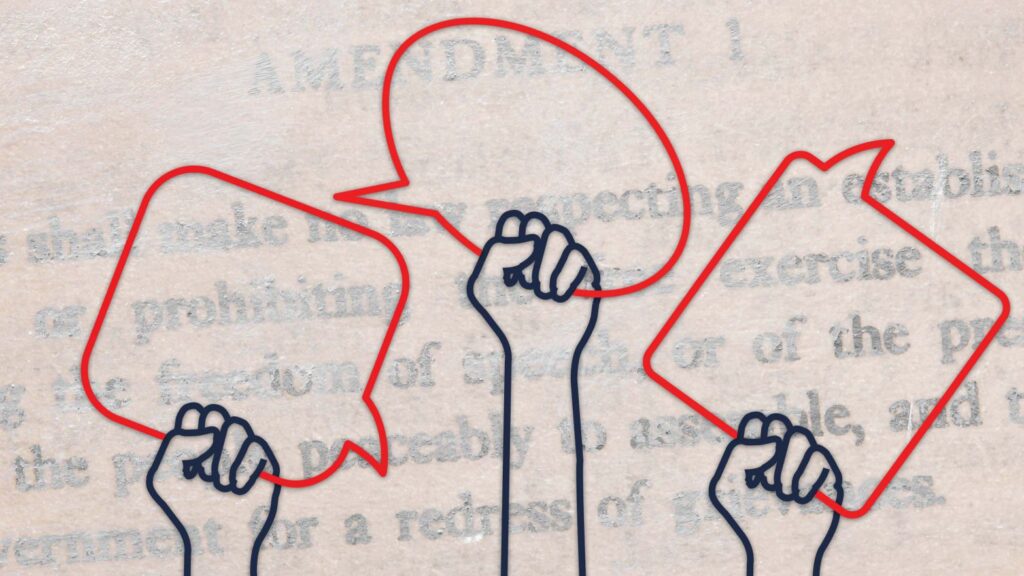VIEWPOINTS
We inspire YOU and YOUR efforts

To ensure that one’s opinion, idea, or point of view is heard, understood, or has an impact. No matter your age, it is important to get your voice heard. Being seen and being heard will help you get noticed and it will help you to make a long and lasting impact on those around you. With so much going on in the world it can be hard to get your voice heard, but it matters. Navigating your way through life, making a point, and even taking action is easier to do when your voice is heard.
If you do not speak up and speak out then you will get ignored, and your voice will have less of an impact than it should. So, to ensure that this doesn’t happen, what steps should you be taking, and why is it so important to focus on your voice being heard? Your Opinions and Thoughts Matter. Everyone has their own opinion and thoughts and they are important and valued, you are too. If you do not speak out about your thoughts and opinions then you could end up being lost in the crowd. You Can Have an Impact on Other People’s Lives. Your voice will help you get your opinions and thoughts heard, but did you know that it can also have a profound impact on other people’s lives? Having an impact on others’ lives can help them build confidence, and it can help them take positive action. Your voice may just inspire others to push forward, and this is something that money cannot buy. The impact you have can last for many years and affect many people.
The Chance to Make an Impact.
You can make an impact on a small local scale with your voice, but you can also take things further. Your voice (no matter how loud or quiet) can impact neighboring communities, and it can impact projects and proposals. You have the right to use your voice to make an impact on the lives of others and for the lives of others too. When your voice is heard action can be taken. Not everyone gets the chance or the opportunity to have their voice heard. It is important that you are not silent and that you make your voice, opinions, and thoughts audible and felt as clearly as possible (especially on behalf of those who may not get the chance to speak out).

Social Media has irreversibly changed the way that the world interacts and shares information.
Our online ministry is not to replace the way of reaching people in live presence but to add possibilities and to be there where the people are.
Online and Social media can help us to be where our audience is. Today statistics show that out of the 7.91 billion people in the World, 4.62 billion are active social media users. That is 58.4% of the world’s population. If you and I, as ministers are not present on this platform, how can we serve and minister to the billions of people who congregate on social media?
Online and Social media can help us influence and IMPACT the World.
We are called to influence the world. We are the salt and light of the world. We are the yeast that is destined to influence the dough. We are the vessels that carry solutions to the world’s biggest problems. And social media is where people are asking questions, looking for answers, and spending time researching. Studies show that an average person spends close to 6 hours and 58 min a day on the internet, 3 hours and 20 min. time spent watching television (broadcast and streaming), 2 hours and 27 min a day they spent using social media, 2 hours for reading online and printed media, 1 hour and 33 min for listening to music, 1 hour they are using to for listening broadcast radio. If our ministry or church is not present on social media, how can we influence the people who are crowding around this space for hours?
- Online and Social media can help us to educate.
The Field is big. The need for love, knowledge, and understanding is bigger than the need for food. - Social media can help in discipleship.
If we structure for discipleship program around social media (where people spend time anyways) we have a higher chance of being effective. - Online and Social Media can help in building community.
Social media networks are designed to facilitate community building. Most social media networks come with those features already built-in – members-only content, group events, group calendar, privacy settings, instant messaging facility, notifications, etc. Social media channels are mostly accessed by people using their mobile devices (5.31 billion people are using mobile devices and 4.95 billion are internet users). This means any communication going through social media can be instantly delivered to the recipient.

We have what to say. We like to create conversations: It’s not a one-way street. We like to create valuable connections with our listeners and followers. Putting people first is a key ingredient for all successful endeavours and one which leaders should embrace to make a difference for their companies/ organisations / projects, as well as their employees / colleagues / associates / members.

Peace is a concept of societal friendship and harmony in the absence of hostility and violence. In a social sense, peace is commonly used to mean a lack of conflict (such as war) and freedom from fear of violence between individuals or groups.
“Psychological peace” (such as peaceful thinking and emotions) is perhaps less well defined, yet often a necessary precursor to establishing “behavioural peace.” Peaceful behaviour sometimes results from a “peaceful inner disposition.” Some have expressed the belief that peace can be initiated with a certain quality of inner tranquility that does not depend upon the uncertainties of daily life. The acquisition of such a “peaceful internal disposition” for oneself and others can contribute to resolving otherwise seemingly irreconcilable competing interests. Peace is not a state of excitement although we are happy when excited, but peace is when one’s mind is quiet and satisfied.

Freedom of speech is a principle that supports the freedom of an individual or a community to articulate their opinions and ideas without fear of retaliation, censorship, or legal sanction. The right to freedom of speech allows individuals to express themselves without government interference or regulation.
Freedom of speech is one of the core pillars of upholding the democratic process and protecting it is essential if we want to live in a society that is fair and equal for everyone. Freedom of speech and expression, therefore, may not be recognized as being absolute, and common limitations or boundaries to freedom of speech relate to libel, slander, obscenity, pornography, sedition, incitement, fighting words, hate speech, classified information, copyright violation, trade secrets, food labeling, non-disclosure agreements, the right to privacy, dignity, the right to be forgotten, public security, and perjury. Justifications for such include the harm principle which suggests that “the only purpose for which power can be rightfully exercised over any member of a civilized community, against his will, is to prevent harm to others”.
Freedom of speech is understood as a multi-faceted right that includes not only the right to express, or disseminate, information and ideas but three further distinct aspects:
- the right to seek information and ideas;
- the right to receive information and ideas;
- the right to impart information and ideas.
Who benefits and who loses from freedom of speech might seem obvious; those who exercise their freedom of speech must be the “winners”, and those who might suffer because that speech is detrimental to them must be the “losers”. If nobody suffers from freedom of speech, then nobody loses and there is only a benefit.

One of our focuses is Social and environmental care as a core value and target of our Team and Volunteers. We monitor and evaluate the environmental aspects of all our activities, and we promote products and services that reduce environmental impact.
